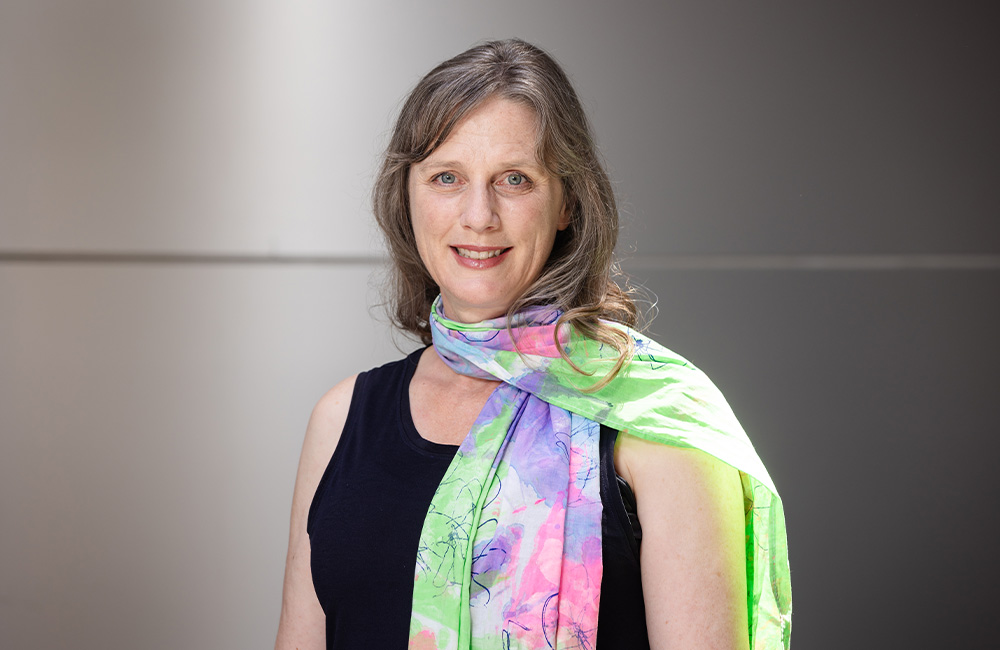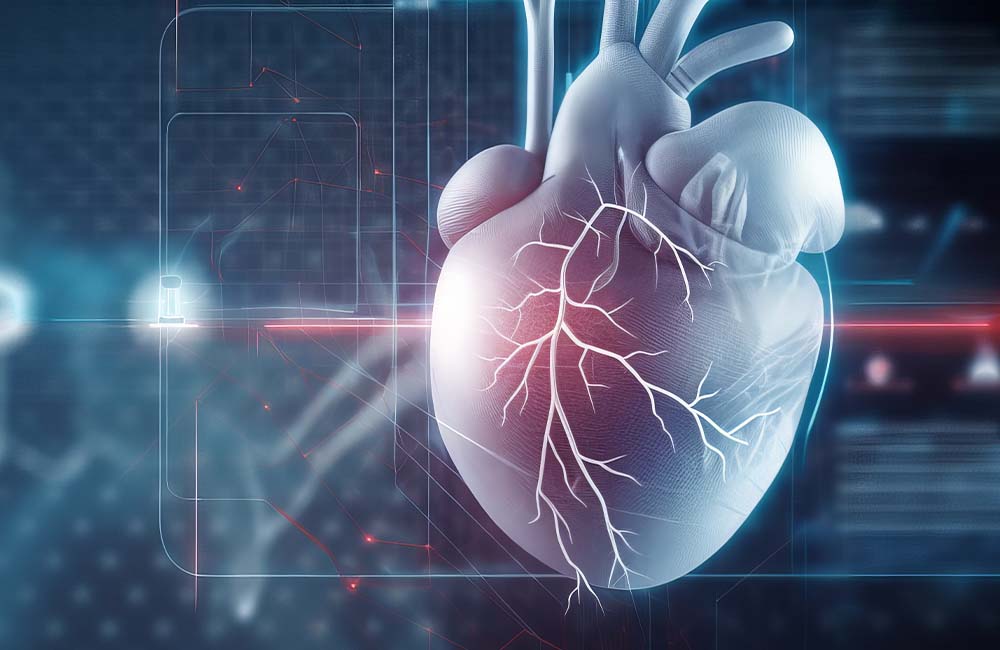Investigating new ways to beat heart disease and stroke
What is cardiovascular disease?
Cardiovascular disease, also known as heart disease, is not just one disease, but rather a group of disorders that affect the heart and blood vessels.
It is the leading cause of death both globally and in Australia. Worldwide, one-third of all deaths are from cardiovascular disease, with most of these deaths due to heart attack and stroke. In Australia, one person dies every 12 minutes from cardiovascular disease.
Cardiovascular diseases include:
- coronary heart disease, which can lead to narrowing or blocking of the blood vessels that supply the heart
- cerebrovascular disease, which affects the blood vessels that supply the brain
- rheumatic heart disease, which is caused by a bacterial infection that leads to rheumatic fever
- congenital heart disease, which occurs when the heart doesn’t develop properly
Tackling cardiovascular disease
At the Institute for Molecular Bioscience, we are tackling the problem of cardiovascular disease from different angles.
We are:
- developing new drugs from the venom of an Australian spider to treat heart attack and stroke
- investigating how our DNA affects our risk of developing heart disease
- studying how blood vessels develop and function to understand their role in a range of diseases
- developing an mRNA vaccine against Strep A, which causes rheumatic heart disease
See our Research Groups
How to reduce your risk
Be active 5+ days per week (total of 2.5 hrs)
Maintain a healthy weight
Avoid smoking tobacco
Monitor stress and find ways to reduce it
Get regular heart checks
Spider venom heart drug moves to clinical trials
An IMB-led project to develop the first-ever drug to treat heart attack and protect donor hearts will move to human clinical trials, after receiving $17.8 million in funding from the Medical Research Future Fund (MRFF).
Support our research

Join our mission to beat heart disease
One of the most effective ways to make a difference and leave a lasting legacy is to donate to our research. You can make a donation to our research fund or a particular researcher and their lab. 100% of all donations go direct to the cause and are tax-deductible.
For more information please reach out to our Head of Advancement at IMB, Wendy Mansell on w.mansell@imb.uq.edu.au or +61 7 3346 2222.
Get involved

Participate in the South Asian Genes and Health in Australia Study (SAGHA)
Heart disease is the leading cause of death world-wide and if you are South Asian, your risk of heart disease is twice as high as that of the average Australian. Researchers do not know why this is but our genes may hold some clues. The South Asian Genes and Health in Australia Study (SAGHA) aims to fill a gap in research involving South Asians and seeks to understand what prevents South Asian Australians from taking part in research studies.
Stories
A deep dive into the often lifelong journeys and struggles of people with infection, pain and other chronic illnesses. Personal and inspiring stories fueling IMB’s pursuit of cutting-edge research.
On New Year’s Day in 2019, whilst on holiday in Malaysia, Tony Vollmerhause decided to take a photo which would change his life forever. After developing life-threatening blood clots, a torn patella tendon ended up being the least of his concerns. A few years down the track and on the road to recovery, Tony has some sage advice for all of us.
Heart disease is the leading cause of death yet despite decades of research we still don't have new therapeutics. Professor Nathan Palpant may have the next breakthrough.
After her mother suffered a stroke, Pauline’s thirst for knowledge led her to IMB and its ground-breaking research.
Joseph Donataccio is on the Philanthropy and Engagement board at the Institute for Molecular Bioscience and talks about his experience as a stroke survivor.
Latest cardiovascular news
-
-
Spider venom heart drug moves to clinical trials
7 October 2024 -
World-leading critical care team joins IMB
2 February 2024
Research Groups
We have research groups from across every Centre at IMB tackling the problem of heart disease. From learning how our blood vessels develop, to the genetics that underlie our risk of heart disease, to developing new vaccines and drugs, each Group advances our understanding of cardiovascular disease and how we can predict, prevent and treat the world's biggest killer.
Subscribe to our newsletter
Get the latest research straight to your inbox.
Stay up-to-date as we answer questions about hot topics, and share the latest news at IMB, Australia’s #1 research institute.
General enquiries
+61 7 3346 2222
imb@imb.uq.edu.au
Media enquiries
IMB fully supports UQ's Reconciliation Action Plan and is implementing actions within our institute.
Support us
Donate to research
100% of donations go to the cause










